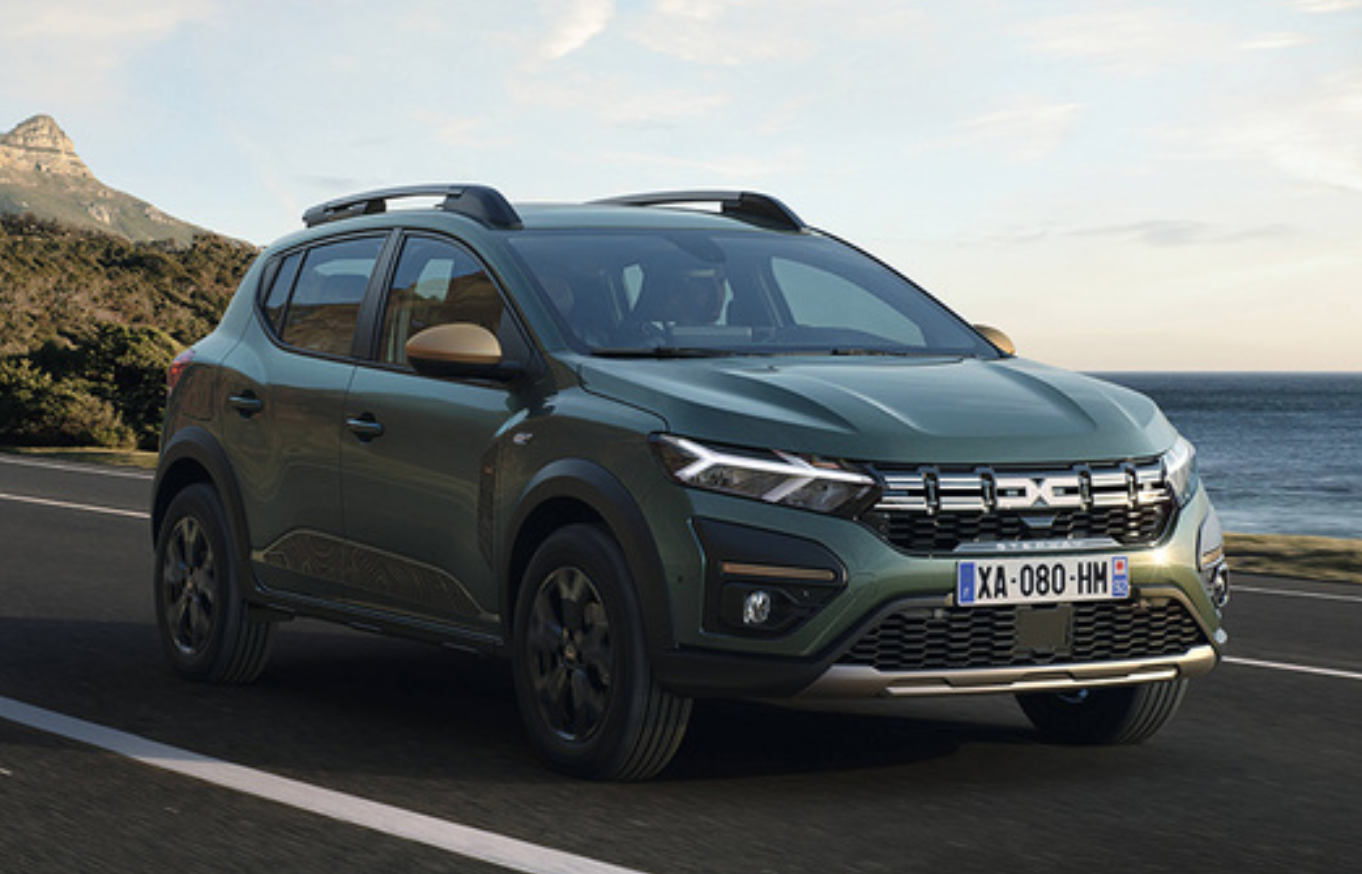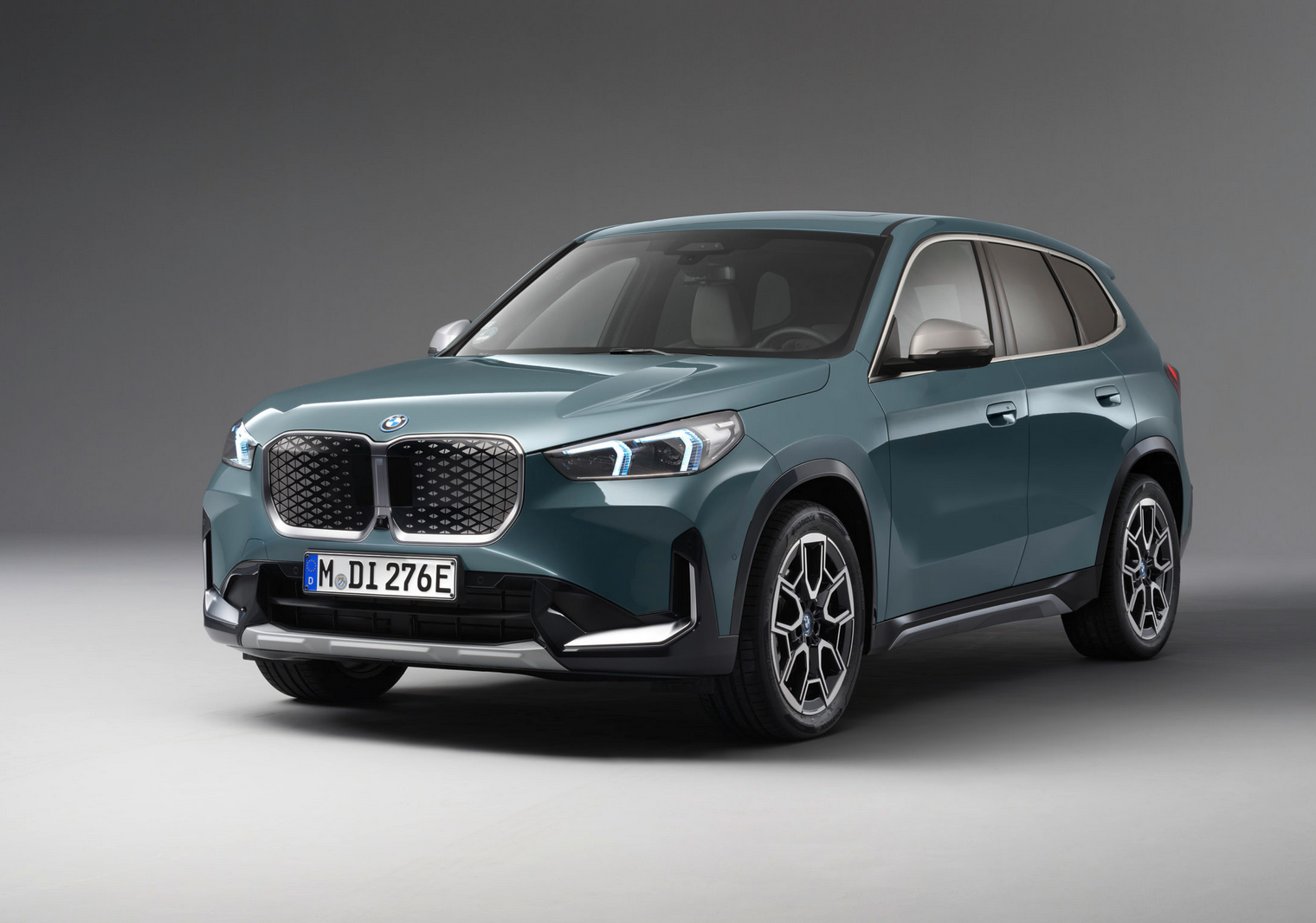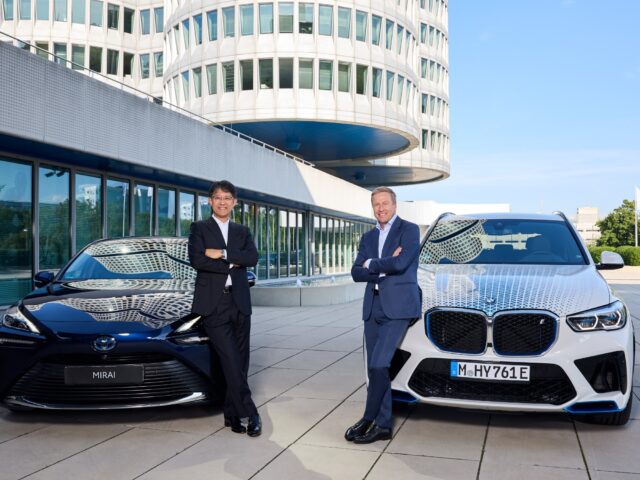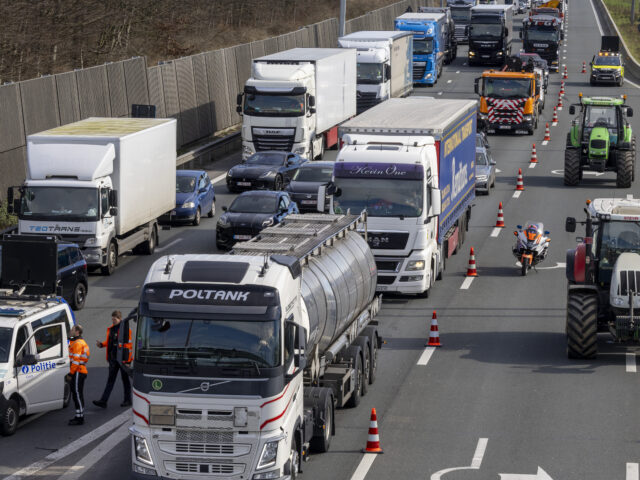In the first half of the year (H1), the market for new cars in Belgium and Luxembourg shrank by 0.4%, with 263,408 registered new cars compared to 264,475 in 2023. 24.5% of them, or 64,429 units, were BEVs.
While EVs are losing momentum in the EU, primarily due to the German market’s aversion to battery electric vehicles, the sector federation Febiac points out that the car market in Belgium and Luxembourg is still strong for BEVs.
EV is still going strong
The new BEV market rose by 47.5% in the first half of 2024, from 43,687 to 64,429 registrations. Private buyers now represent 14.5% of the total new BEV market (compared to 10.3% in 2023).
The actual sales by individual buyers more than doubled (+107.4%) for the first six months. Thanks to the governmental premium of €5,000 installed in 2024, more than four out of five are sold in Flanders.
The distribution of the second-hand EV market is different. While 51% of second-hand BEVS are company cars, 49% are bought by individual buyers. The market is still new; 10,112 second-hand BEVs were sold in the first semester of 2024, or 87.3% more than last year.
Sales to private buyers increased by 135%, again thanks to the Flemish premium (€3,000 for a second-hand BEV). It’s already clear that the abolition of this Flemish premium at the end of 2024 will severely impact private EV sales (new and second-hand) in 2025. More affordable EVs will have to compensate for this.
More balanced
The amount of cars purchased by individual buyers is rising again. The share of this kind of individual purchasing rose from 31.2% to 38.8%. This is also because the company car market had a boost at the end of 2023. Many fleet buyers anticipated possible tax changes by buying earlier.
Despite the Flemish premium and a growing offer, the individual buyer is still inclined to buy a petrol car (66,7%), with hybrid vehicles in second place (14.7%) and BEVs in third (8.7%). Diesels can only attract 4.4% of the individual buyers anymore.
Regarding company cars, BEVs have taken the lead with a 34.4% market share, followed by petrol (27.9%) and PHEVs (25.9%). Self-charging hybrid vehicles are less popular here (5.8%), almost at the same level as diesel cars (6.0%).
By Brand
During the first six months, BMW was still comfortably in the lead, the sole brand with more than 10% market share (10.2%). Volkswagen (9% market share), a fast-growing Audi (7.7%), Mercedes (6.9%), and a remarkable Volvo (from 4.5 to 6% market share) followed.
The rest of the top 10 is made by Toyota (5.6%), Dacia (5.5%), Renault (4.7%), Tesla (from 3.1 to 4.7%), and an ailing Peugeot (from 7.2 to 4.1% market share). Rising stars are Hyundai, Mazda, Suzuki, MG, Honda, BYD, Lexus, and Smart.
Talking electric, the most popular brand is, expectedly, Tesla, where the Model Y is the number one seller for both B2B and B2C sales. Volvo’s good performance is illustrated by the brand having two models in the top 10 in both categories, the new EX30 and the trustworthy XC40.
Where BMW is represented with four BEV models in the B2B ranking, it scores none in the B2C top ten. A quick look at the second-hand top 10 shows that the Porsche Taycan (!) is number one in B2B, followed by Tesla Model 3 and Model Y. In the B2C ranking, Model 3 leads the pack comfortably, with two other Tesla models also in the top 10 (models S and Y).
BMW X1 in Flanders and Brussels, Dacia Sandero in Wallonia
The most popular car in Belgium during H1 was the BMW X1, followed by the Dacia Sandero and Tesla Model Y. When we look at the different regions, we see the same number one in Flanders, followed by the Tesla Model Y and the Volvo XC 40.
In Brussels, the top three are (again) BMW X1, followed by Volvo (XC40) and Audi (Q4 e-tron). In Wallonia, the Dacia Sandero is king, followed by Citroën C3 and Dacia Duster. One can easily deduce that most leasing companies are in Flanders and Brussels.
Companies and independents favor BMW X1, Tesla Model Y, Volvo XC40, Audi A3, and Audi Q4 e-tron in their top five. Individual buyers go for the Dacia Sandero, Citroën C3, Toyota Yaris, Dacia Duster, and Renault Clio.





Comments
Ready to join the conversation?
You must be an active subscriber to leave a comment.
Subscribe Today